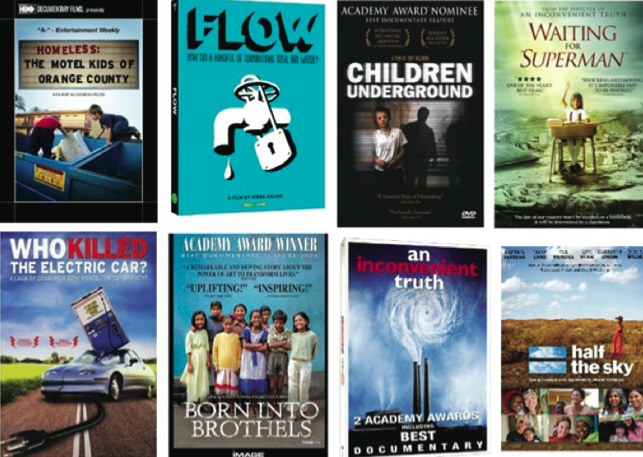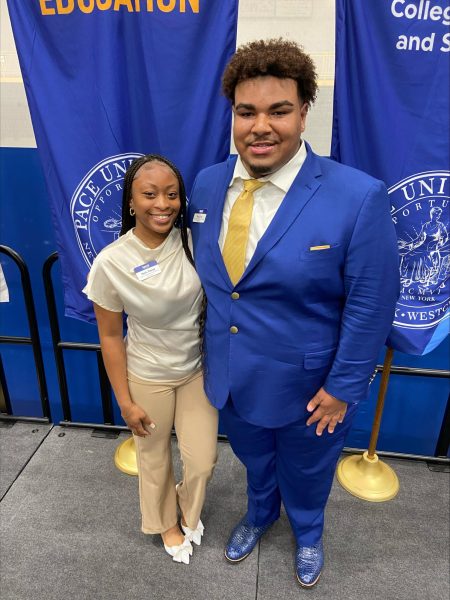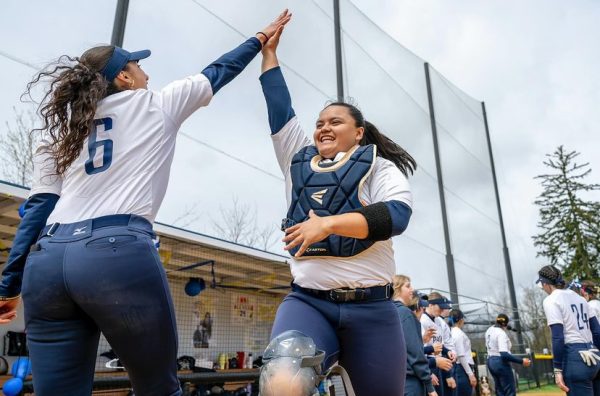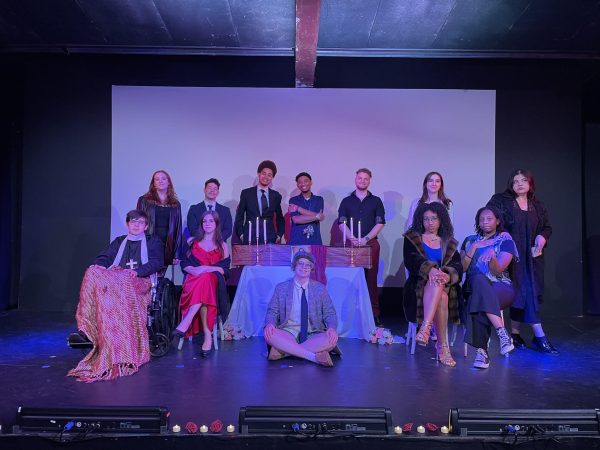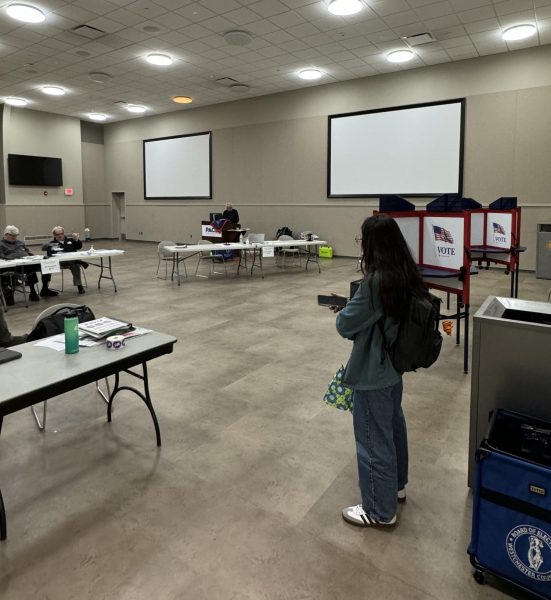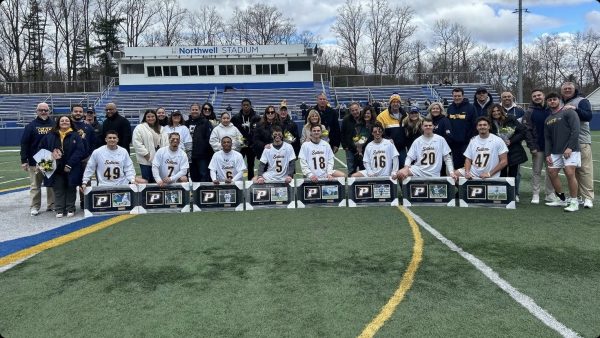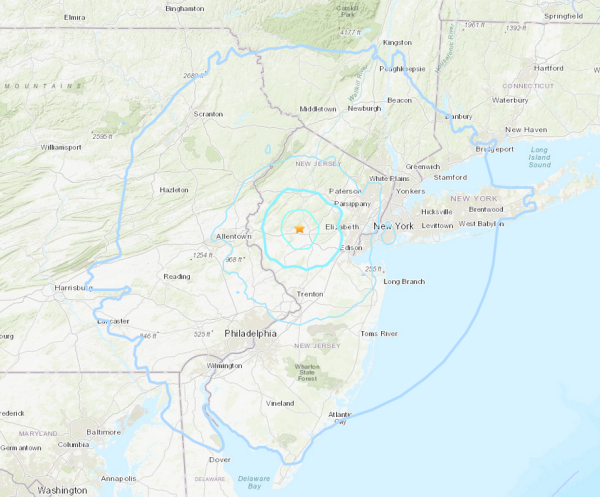Do You Doc-U?
April 17, 2014
When asked if they watch documentaries, an overwhelming majority of Pace students asked responded with a crisp and clear “no,” followed by a nervous “don’t judge me.” Documentaries cover a wide array of topics and provide knowledge on a variety of subjects, from biographical exposés to sensitive topics hoping to spur social change. They know the benefits and yet they don’t watch.
Maybe it’s a lack of time; balancing anywhere between nine and 21 credits, positions in organizations, jobs, social lives, and the ever fleeting hours allocated for sleep, it is no wonder why so many students have claimed to have no time for the informative flicks. And yet, most people have access to televisions, in their rooms or otherwise, as well as laptops and subscriptions to instant streaming sites like Netflix, HBO, and Hulu. Many students make time for How I Met Your Mother marathons and the newest episodes Game of Thrones, but neglect that which is likely educational.
“It just seems like there’s a million and one other things to watch on TV or online,” senior biology major David Fischer said. “TV and movies are for winding down.”
For those who are informed, the overwhelmingly negative and often one-sided controversies that many documentaries have created have not helped the situation of their popularity. Examples include the anti-SeaWorld sentiment that has reemerged thanks to 2013’s Blackfish, or the worrisome predictions made over world water supplies in Blue Gold (2008).
“Documentaries have garnered a negative reputation as examples of muckraking,” senior psychology major Kay Lanza said. “They manipulate reality with special effects and music to incite certain desired emotions in viewers.”
From those who do watch, suggestions for viewing have been made.
“It’s important for viewers to know where the information is coming though, to know if what they’re being told is biased. And if they don’t know they should do their research,” junior psychology major Emily Blakely said. “I like documentaries,” Blakely continued, “I’m just never sure which ones to trust.”
However, it may not only be a distrust of the subject matter, but also a disconnect between this generation’s college students and that which is intellectually stimulating.
“Twenty or thirty years ago we would’ve had more of a grasp on world knowledge,” graduate student Ryan McPartlan said. “Overall our generation lacks intellectual fortitude. We have a lot of resources and good educational opportunities that aren’t used as widely as they should be, documentaries being just one example.”
Which goes back to the nervous “don’t judge me” comment made anonymously by more than one student.
Those who wish to seek fascinating thought-provoking documentaries need not look farther than their laptop these days. Hundreds of documentaries are available for those with subscriptions through Netflix, Hulu and HBO. Free documentaries can be found on YouTube and television networks like PBS, The History Channel, and the National Geographic channel.

